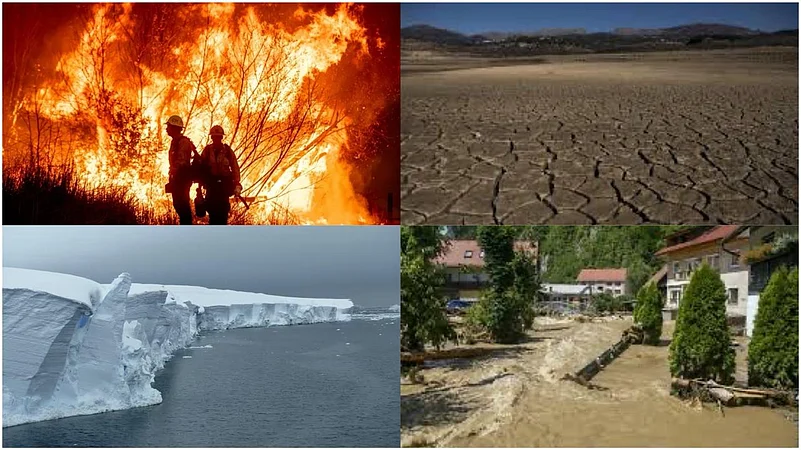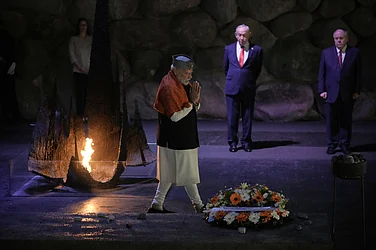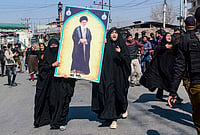
Summary of this article
India urged developed nations to meet their legal obligations under the Paris Agreement by providing climate finance, technology transfer, and capacity-building support to developing countries.
India called for a clear definition of “climate finance,” a fifteen-fold rise in adaptation funding, and reaffirmed the principle of common but differentiated responsibilities (CBDR-RC) as central to global climate action.
India cautioned against unilateral trade measures like carbon border taxes, calling them protectionist and inconsistent with the UN climate framework.
At the opening of the COP30 climate summit, India issued a strong call for developed nations to fulfil their legal obligations under the Paris Agreement by providing climate finance, technology transfer, and capacity-building support to developing countries. Representing the BASIC group (Brazil, South Africa, India, and China) and the Like-Minded Developing Countries (LMDC), Indian negotiators said that climate finance remains the single biggest barrier to raising global climate ambition.
India emphasised that Article 9.1 of the Paris Agreement places a binding responsibility on developed countries to provide financial resources to developing nations. The Indian delegation stressed the need for a clear, universally agreed definition of “climate finance” to ensure transparency and accountability. It also urged that funding for adaptation — measures to cope with the effects of climate change — be increased fifteen-fold to meet the urgent needs of vulnerable communities, especially those least responsible for global warming.
Reaffirming the principle of “common but differentiated responsibilities and respective capabilities” (CBDR-RC), India said this foundational idea of global climate policy must not be diluted. The country also called for reliable, affordable, and equitable access to clean technologies and urged the removal of intellectual property and market barriers that hinder technology transfer to developing economies.
India further cautioned against unilateral climate-related trade measures, such as carbon border taxes, warning that they risk becoming protectionist tools that contradict the principles of the UN Framework Convention on Climate Change. Such measures, it said, could unfairly penalise developing nations that are still working to achieve basic developmental goals.
India’s intervention highlights the continuing divide between developed and developing countries at international climate talks. While wealthier nations often focus on mitigation targets and market-based solutions, developing countries are pressing for stronger commitments on finance, adaptation, and equity. By framing the issue as a legal obligation, India signalled a firmer stance and a demand for accountability from the global North.
As negotiations continue in Belem, key issues will include defining what counts as climate finance, determining how to scale up adaptation funds, and ensuring fair access to green technologies. India’s message at COP30 was clear — without predictable, adequate, and legally binding support from the developed world, global climate goals will remain out of reach.






















